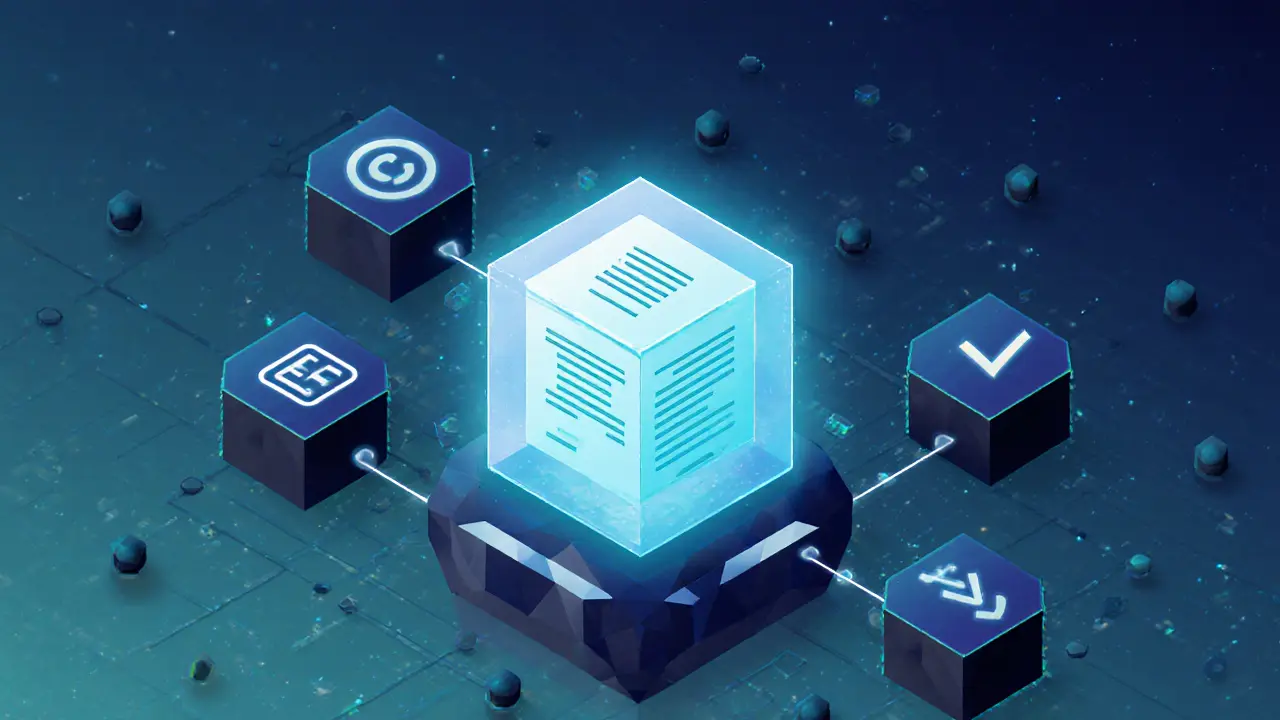DeFi: Decentralized Finance Explained and Latest Insights
When working with DeFi, a system of financial services built on blockchain that operates without traditional banks or intermediaries. Also known as Decentralized Finance, it lets anyone lend, borrow, trade, or earn yield directly from a wallet. DeFi encompasses smart contracts, self‑executing code on blockchain that enforces agreement terms without a middleman, which automate everything from interest payments to token swaps. Because these contracts run 24/7, users can access financial products at any time, no matter where they live. The space grew rapidly in 2023‑2025, driven by high‑yield farms, synthetic assets, and cross‑chain bridges that connect isolated blockchains into a single liquidity pool.
To interact with crypto exchanges, online platforms where digital assets are bought, sold, or swapped you need a wallet that supports DeFi protocols. Decentralized exchanges (DEXes) like Uniswap, PancakeSwap, and newer players such as MochiSwap or DuckSwap provide the on‑ramp for swapping tokens without giving up custody. These platforms rely heavily on tokenomics – the economic design of a token – which determines incentives, supply dynamics, and governance rights. tokenomics, the study of how a cryptocurrency’s supply, distribution, and utility affect its price and usage influences everything from staking rewards to airdrop eligibility. For example, a well‑balanced tokenomics model can attract liquidity providers, while skewed allocations may trigger price volatility. Recent articles in our collection break down the tokenomics of MEME (Ordinals), Merit (SN73), and many other coins, showing how investors can spot red flags before committing capital.
Beyond the technical layer, DeFi intersects with regulation, on‑chain analytics, and community incentives. Japan’s crypto regulation model, Vietnam’s 0.1% transaction tax, and the EU’s upcoming privacy‑coin ban illustrate how policy shapes market behavior. On‑chain tools like Arkham provide AI‑driven analytics that help traders monitor wallet activity and detect emerging trends. Meanwhile, airdrop programs such as PERRY, SIL Finance, and QBT reward active participants and drive network effects. By understanding how smart contracts, crypto exchanges, and tokenomics interact, you can better navigate yield farms, launchpads, and governance proposals. Below you’ll find a curated set of articles that dive deeper into each of these topics, offering practical guides, risk assessments, and actionable strategies for anyone interested in the evolving world of DeFi.
- Oct, 14 2025

Explore how smart contracts automate financial agreements, cut costs, and boost security while detailing real-world use cases, risks, and deployment steps.
- Read More
